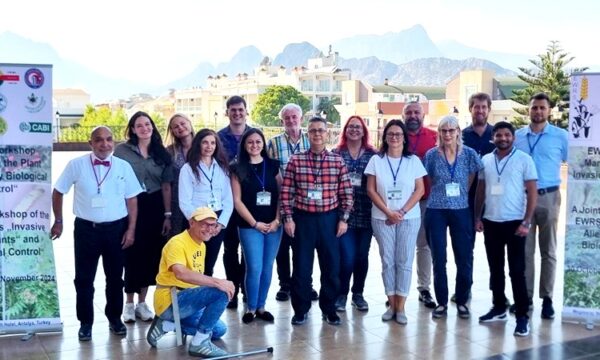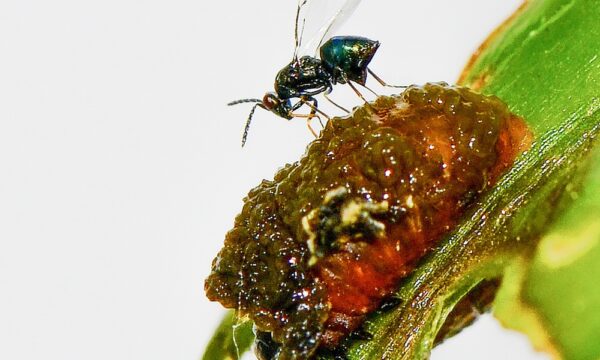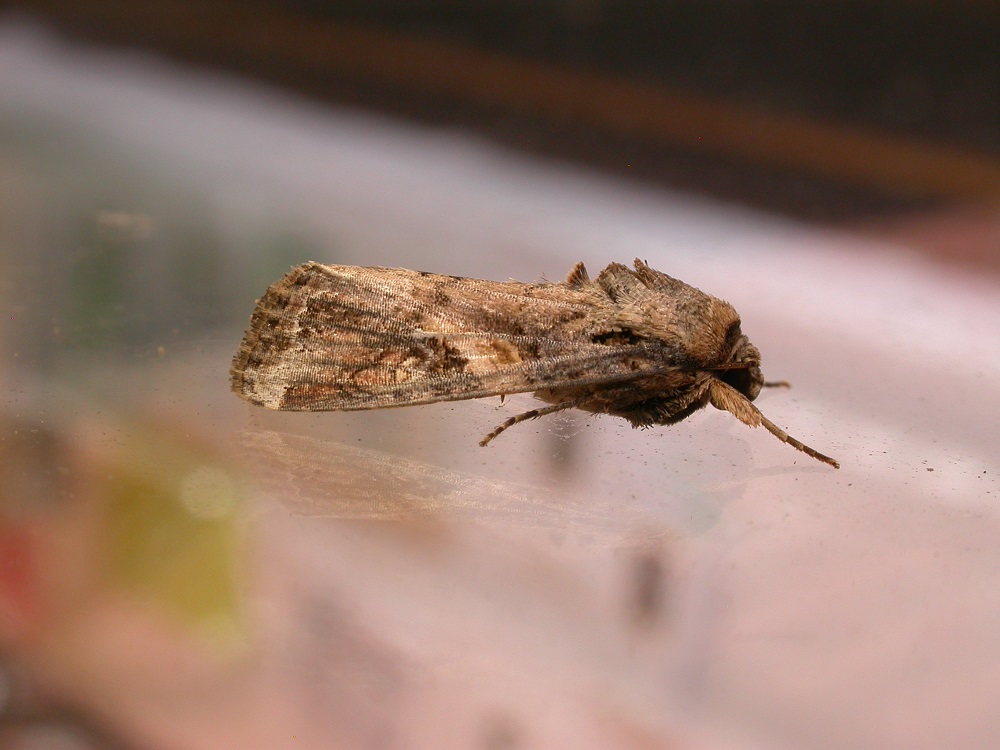
The spotlight has been turned on the use of biocontrol for crop pest management, as part of Integrated Pest Management (IPM) programmes in Latin America, during a key note address to the II Congress of Applied Biological Control in Ecuador given by CABI’s Dr Yelitza Colmenarez.
Dr Colmenarez, Director CABI Brazil Centre and Regional Coordinator for the Plantwise Programme – Latin America and the Caribbean, highlighted the importance of biological control for the sustainable management of key pests such as tuta absoluta and Fall armyworm (Spodoptera frugiperda).
Tuta absoluta, also known as the South American tomato moth, is a real nightmare for tomato growers. In untreated tomato crops, Tuta absoluta causes economic problems with potential harvest losses of 50% up to 100%. The Fall armyworm is the primary insect pest of corn in the southeastern United States, the Caribbean, and South America. The pest, for instance, is causing the loss of crops with an estimated value of USD$13 billion per year throughout Sub-Saharan Africa, threatening the livelihoods of millions.
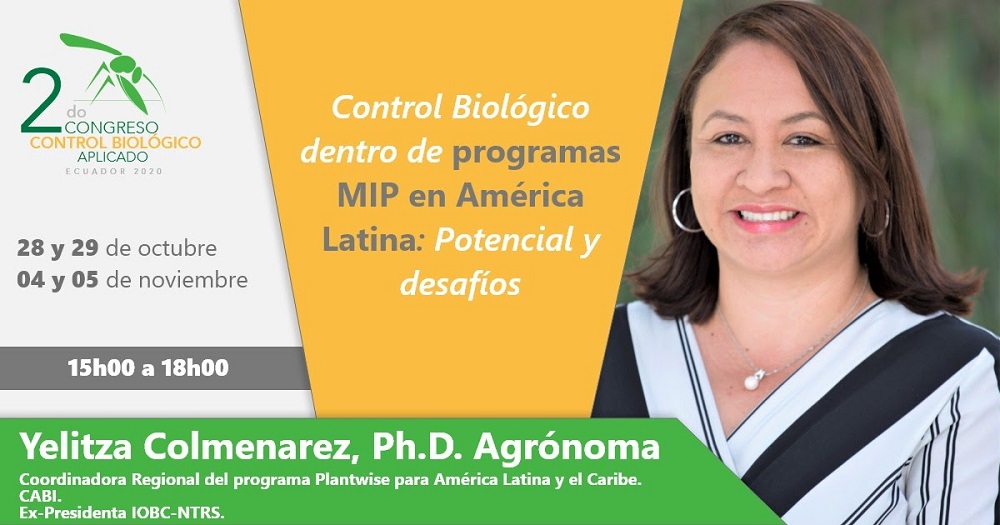
The event, which was coordinated by INIAP-Ecuador, Koppert-Ecuador and AGN LATAM SA with the sponsorship of the International Organisation for Biological Control – Neotropical Regional Section (IOBC-NTRS), gave Dr Colmenarez the opportunity to deliver her speech – entitled ‘Biological Control within Integrated Pest Management Programmes in Latin America: Challenges and Potential’ – as well as highlight some CABI tools including the CABI BioProtection Portal, which is a free tool to enhance the awareness and uptake of biocontrol and biopesticide products by growers and advisors.
You can see the full event, including Dr Colmenarez’s presentation (in Spanish) from Koppert’s Facebook page.
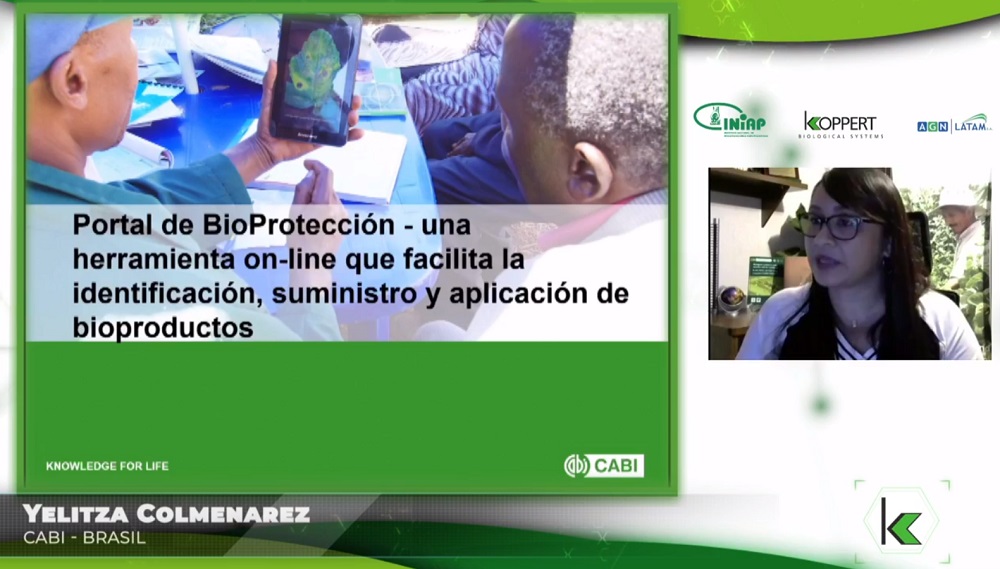
Additional information
Main image: Fall armyworm (Credit: Donald Hobern, CC BY 2.0, via Wikimedia Commons).
Related News & Blogs
Biological control in action: Zambia’s field days on fighting fall armyworm
Experts from CABI recently held two field days and an expo in Zambia, showcasing innovative approaches to pest management to 584 farmers, agro-dealers and other stakeholders to help raise awareness of approaches to tackle the invasive fall armyworm (Sp…
11 June 2025


